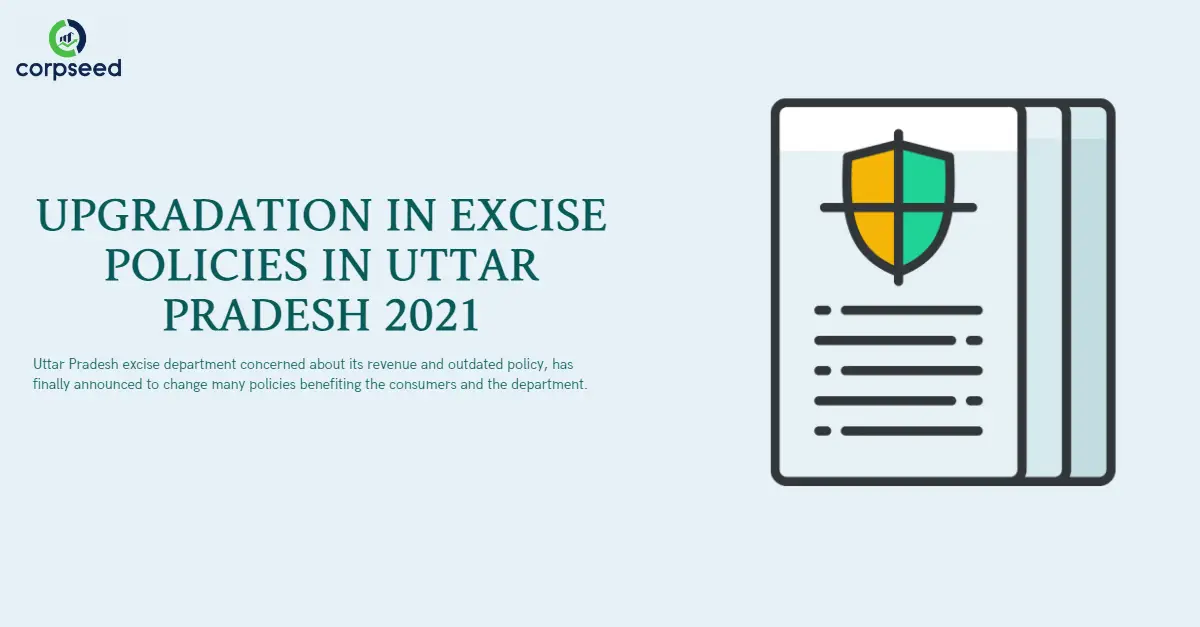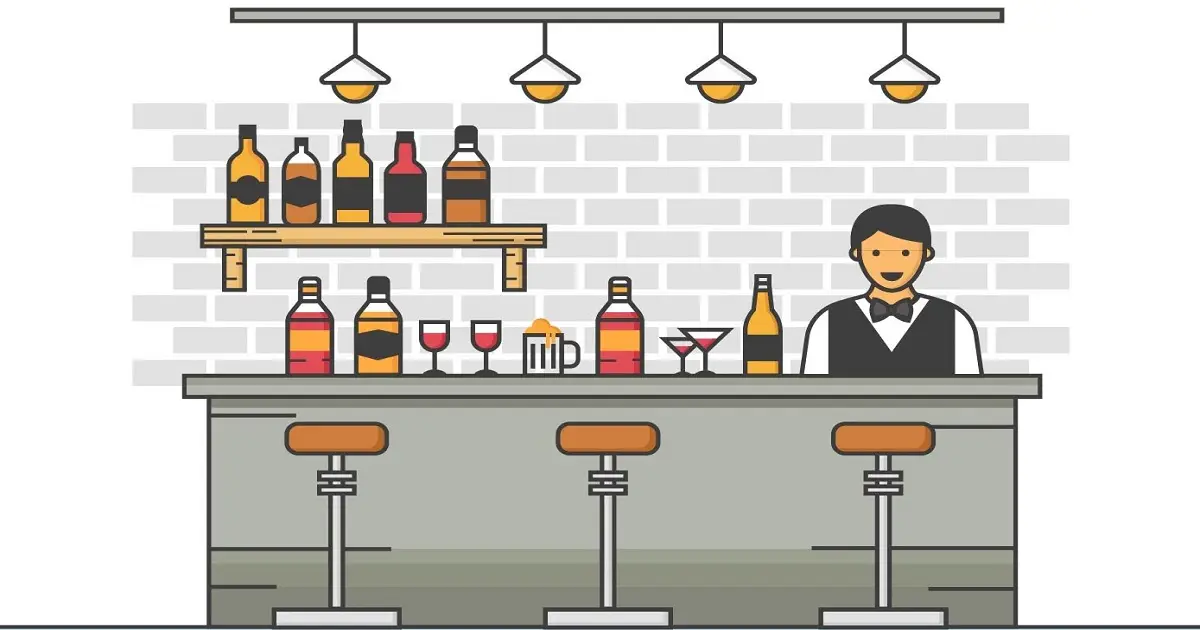Overview: Wine Shop License Commercial Places
In order to sell alcohol in India, you must first obtain a liquor license. In India, alcohol is served in bars, hotels, restaurants, clubs, pubs, and discos. As a result, a liquor license is required if you wish to open a bar or restaurant. It is prohibited and punishable to sell alcoholic beverages without a proper license. As a result, Indian liquor laws require entrepreneurs to obtain a wine shop license. Are you planning to create a wine shop? If that's the case, read on to learn more about wine shop licenses and how to obtain one. Because if you want to sell alcoholic beverages in India? Then you need to apply for and get a license for it. Every establishment that sells alcoholic beverages, from liquor stores to restaurants, must apply for a liquor license online or in person.
Table of Contents
--------------Blog Contact Form-------------
Without a permit, engaging in any alcohol-related business can result in major legal concerns and harsh punishments. With the use of such a license, state governments may enforce, regulate, and monitor the sale of alcohol inside their territory. In this post, we'll look at how to apply for a liquor license in India and the steps involved. Liquor is more than just a drink because of the influence it has on individuals. It has a convoluted socio-legal history. In addition, India has just recently become more accepting of people who use alcohol. Anyone who consumed alcohol used to be subjected to severe restrictions and disgrace. To eliminate such stigmas and bring a standard system for the sale and consumption of alcohol, the government has established some basic ground rules. As a result, any establishment that serves or sells alcoholic beverages must hold a valid liquor license. The cost of a wine shop licence, as well as the application process, varies slightly per state.
What are the different types of liquor licenses?
- Beer and Wine Shop License: Only mild alcoholic beverages, such as beer and wine, are sold; no strong alcoholic beverages are sold.
- Restaurant Liquor License or All-Liquor License: Granted if the restaurant’s alcohol sales do not exceed 40% of the total revenue.
- Tavern Liquor License: For establishments that make half of their revenue from the sale of alcoholic beverages.
- Brewpub Liquor License: This license is for people who create or brew their own wine and beer.
- License L1: This license is necessary for wholesale liquor vending to corporations, partnerships, and individuals by an applicant who owns a manufacturing unit.
- License L3: This license serves a different purpose than the others, as it is issued by the state government. To issue this licence, award a tender. It is only given to operational bottling plants that have received approval from federal or state authorities.
- License L6: For the retail sale of foreign liquor and beers, this sort of license is required. An applicant must assume a government undertaking in order for such a license to be issued. DTTDC, DSIDC, DSCSC, and DCCWS are the acronyms for DTTDC, DSIDC, DSCSC, and DCCWS.
- License L9: This licence, also known as L-52 D, is used for the retail sale of foreign liquor. To get this licence, a licensee must comply with the state authority's terms and conditions.
- License L10: It is the same as license L9 in that it allows a user to sell both foreign and Indian liquor in a retail setting, but the terms and conditions of L9 do not apply to L10, therefore a user must apply for a liquor shop license separately.
- License P10: These are temporary licenses that allow a license to sell alcohol at parties, conferences, and functions within a state but not outside of it.
- License P13: This license is required to serve alcohol at certain functions held in hotels, both in and out of state. A licensee must follow the terms and restrictions set forth by the state authorities in order to obtain this type of license.
- License L15 and L16: These licenses allow licensees to offer liquor to tourists in hotels that have been approved by the Department of tourism. In order to obtain this type of license, hotel management must follow the regulations established by authorities.
- Licenses L17 and L18: These licenses are typically used by hotel management staff to serve liquor in hotels, but only in commercial areas with enough parking, such as shopping malls (offices, complexes). According to government officials.
- License L28: Those who owned a club were obliged to obtain this license in order to offer liquor exclusively in clubs. They must abide by the terms and circumstances set forth by the government.
- License L29: This license allows you to provide alcohol to the Delhi government. For officials and government employees, the application process for L29 is identical to that for L28.
Documents Required for a Liquor Store License in Delhi
The following documents must be submitted by the applicant:
- A picture of the applicant.
- Proof of the applicant's identity
- Proof of the applicant's address
- Proof of the applicant's legal ownership of the shop, such as a rent/lease agreement, etc.
- The shop's floor plan/shop layout plan.
- The state fire department and the municipal corporation have given their approval.
- An application, as well as personal and business information, must be attached by the applicant.
- A copy of the most recent ITR filing and Income Tax Clearance Certificate.
- An affidavit stating that the applicant has no criminal background is required.
- Various affidavits in the applicant's name
Procedure for Liquor Shop License in Delhi
An applicant is obligated to submit the following documents, along with the following application –
- To obtain a liquor shop license, an applicant must submit the required documents to the Deputy Commissioner of Excise in Delhi.
- Proof of legitimate possession of the proposed shop in the form of an ownership/lease/rental document is necessary.
- An affidavit stating that the applicant is in real physical possession of the store for which he has applied for an L10 license is required.
- A licensee is required to present a layout plan of his liquor store that clearly demonstrates his ownership.
- An income tax clearance certificate and a Domicile certificate stating that the licensee is a resident of the state in which he has applied for a liquor shop license are required for a liquor shop license.
- A licensee must provide an 8 lakh DD in the name of the deputy commissioner after completing the formalities (excise).
- According to Rule 23 of the Delhi excise regulations, 2010, an applicant must be assured that nothing is against the application.
- After the excise department's requirements have been completed, the liquor shop licence will be awarded.
Miscellaneous Condition of the liquor shop license
- A license holder is obliged to have a refrigerator facility to keep and sell 10% of the departmental shop's carpet area. For the safe storing of beer and other alcoholic beverages.
- A licensee must post a health advisory board in front of the licensed establishment. "Drinking is harmful to one's health," he says.
- All of the people recruited by the licensee's shop have an id card with the authorized signatory's signature on it. On-demand of the excise officer or sub-inspector, employees must produce their identification cards.
- The licensee is not required to create any type of advertisement that promotes the brand or use of alcoholic beverages. To ensure sanitation in liquor stores, eco-friendly bags can be used or carried.
- The licensee is obligated to provide any information relating to the L10 license in a timely and accurate manner, as determined by the Excise Commissioner, excise commissioner, and deputy commissioner.
- Failure to provide the information or giving incorrect information may be considered a violation of the licensing terms and conditions. As a result, the licensee will not be required to obtain an import/transport authorization or face license termination.
- Any L10 license may be revoked or suspended at the discretion of the Deputy Commissioner. In accordance with section 17 of the act.
The cost of a liquor store license in Delhi.
For their prospective shop, eligible licensees can apply for an L10 license. Fees and a security deposit are required to be paid:-
The cost of a liquor store license in Delhi.
For their prospective shop, eligible licensees can apply for an L10 license. Fees and a security deposit are required to be paid:-
- The yearly price for the L10 license is Rs 8,00,000/-, payable to the Deputy Commissioner, and the licensee must also provide a Rs 10,00,000/- security deposit in the name of the deputy commissioner. When a license is terminated, the license holder is refunded a portion of the security price within 30 days after the termination date.
- The license will be canceled if an applicant fails to complete the requirements or is not discovered in physical possession of the establishment within one year of getting the licence. The licence fee of Rs 8 lakh will be hiked.
This portion of the site is for informational purposes only. The content is not legal advice. The statements and opinions are the expression of author, not corpseed, and have not been evaluated by corpseed for accuracy, completeness, or changes in the law.
BOOK A FREE CONSULTATION
Get help from an experienced legal adviser. Schedule your consultation at a time that works for you and it's absolutely FREE.





